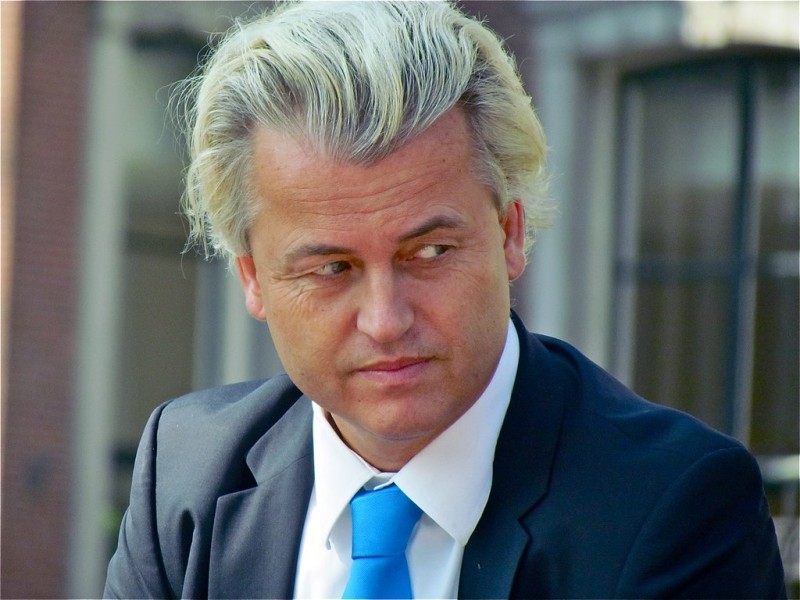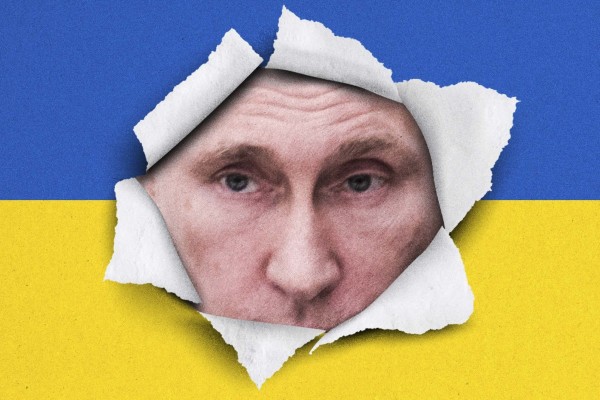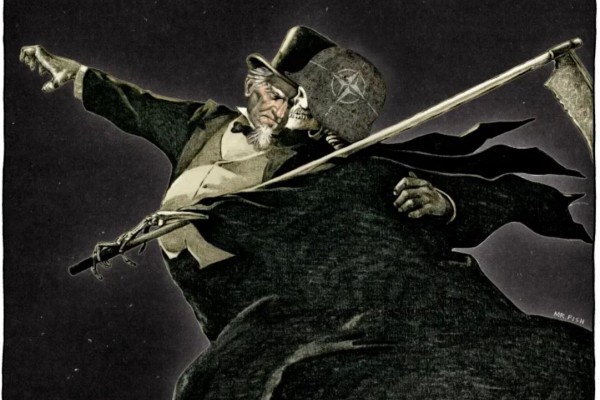Merkelism is collapsing in Europe. What will succeed it?
Blowback from the economic war on Russia has seen voters turn away from Merkelism and embrace far-right nationalist Eurosceptics

Geert Wilders’ Party for Freedom won 37 seats in the Netherlands’ 150-seat legislature, the largest single bloc, after an historic election win last week. Photo from Flickr.
The victory of Geert Wilders in the Dutch general elections should provoke intense self-reflection in the European Union.
Wilders’ far-right Party for Freedom won 37 seats of 150, becoming the largest party in the House of Representatives and the latest right-wing challenger to ‘Merkelism’ (named for long-time German chancellor Angela Merkel), a rather staid “leading from the centre” approach that has kept the EU together but done little to assuage nationalist discontent amongst the populations of some member states.
Most recently, the blowback of Europe’s economic war on Russia has seen voters turn away from Merkelism and embrace nationalist Eurosceptic forces on both the right and left.
Eurosceptic Mussolini nostalgist Giorgia Meloni won the Italian elections in October 2022 (though she has since tempered her Eurosceptic rhetoric).
In Slovakia, left-wing nationalist Robert Fico won the September 2023 elections after running on a campaign of ending military support for Ukraine.
In France, Marine Le Pen’s National Rally remains the second most popular party in the country.
In Germany and Austria, two right-wing Eurosceptic parties continue to climb in the polls: the Alternative for Germany (AfD) and the Freedom Party, respectively.
Voters’ turn away from Merkelism is hardly surprising. In Germany, the severing of Russian energy imports following the February 2022 invasion of Ukraine has exposed the reliance of German industry on cheap supplies from the east. Meanwhile, the bombing of the Nordstream pipeline, supposedly by US or Ukrainian forces, didn’t solicit a peep of protest from Germany’s rulers, even as energy prices rose sharply, hitting working class Germans hardest.
Should we be surprised that Germans are utterly dissatisfied with their government and that the far-right AfD—the only major party that rejects the EU, NATO, and wants to restore ties with Russia—is surging in popularity?
As Conor Gallagher writes, Germany’s left-wing parties could argue for similar policies from a progressive position, but they have not:
The AfD is the only party in Germany making the connection between Berlin’s bellicose policy towards Moscow (and increasingly Beijing as well) and the worsening economic conditions for Germans… Meanwhile, the country’s Left Party, which is considered a direct descendant of the Socialist Unity Party that ruled East Germany until reunification, has completely collapsed after abandoning nearly all of its platform in an attempt to appear “ready to govern.” Much like the bourgeoisie Greens, the Left increasingly stands for neoliberal, pro-war and anti-Russia policies. Former Left voters have increasingly switched to the AfD in response.
As long as the AfD is the only party in Germany willing to connect the dots between US control over German foreign policy and the increasing toll that is taking on the citizens’ standard of living, it will likely continue to attract voters.
Now we have Geert Wilders’ victory in the Netherlands. Though he has not yet formed a government, Wilders’ past actions don’t bode well for EU cohesion. Indeed, anti-EU rhetoric is one of the pillars of Wilders’ popularity (the others being his anti-immigration stance and his “anti-Islam” extremism).
Wilders previously proposed holding a referendum on leaving the EU. Establishment powers also see him as Russia-friendly, and thus the latest weak link in the pro-Ukraine coalition after Robert Fico’s victory in Slovakia.
For Kyiv’s backers, these changing political winds could not come at a more inopportune moment. Poland, Hungary, and Slovakia’s efforts to ban Ukrainian grain imports have seen relationships between the countries sour, with Kyiv going so far as to sue the three nations over their grain ban. Meanwhile, Ukraine’s counteroffensive has failed and the West’s support for Israel’s war on Gaza has diverted much-needed artillery supplies away from Ukrainian battlefields.
In Europe, the repudiation of Merkelism goes hand-in-hand with the cracking of the pro-Ukraine coalition. This while Ukrainian ammunition supplies are running dangerously low and Russia is continuing to press forward at Avdiivka and elsewhere.
The outcome of the war in Ukraine is looking increasingly bleak for Kyiv. Meanwhile, European economies made the decision to commit themselves to US-led sanctions policies, sacrificing cheap energy imports from Russia—and thus their own energy security—to back Washington’s geostrategic objectives.
In short, Ukraine is losing, European economies are in crisis, and the continent’s sovereignty has been subjugated to Washington’s geopolitical interests. Is it any wonder Merekelism is collapsing? Is it any surprise that figures like Wilders are winning elections and parties like the AfD are ascending? Obviously their arguments about the EU, NATO, and the war in Ukraine are popular with the public.
But as Fico’s victory in Slovakia shows, parties need not make these arguments from the right: they also resonate when coming from left-wing politicians.
The European left should be brave enough to make such arguments from a principled leftist position. If they don’t, they are ceding territory to the right and allowing reactionary forces to dictate the direction of a post-Merkelist Europe.
Owen Schalk is a writer from rural Manitoba. He is the author of Canada in Afghanistan: A story of military, diplomatic, political and media failure, 2003-2023.









_600_400_90_s_c1.jpg)
